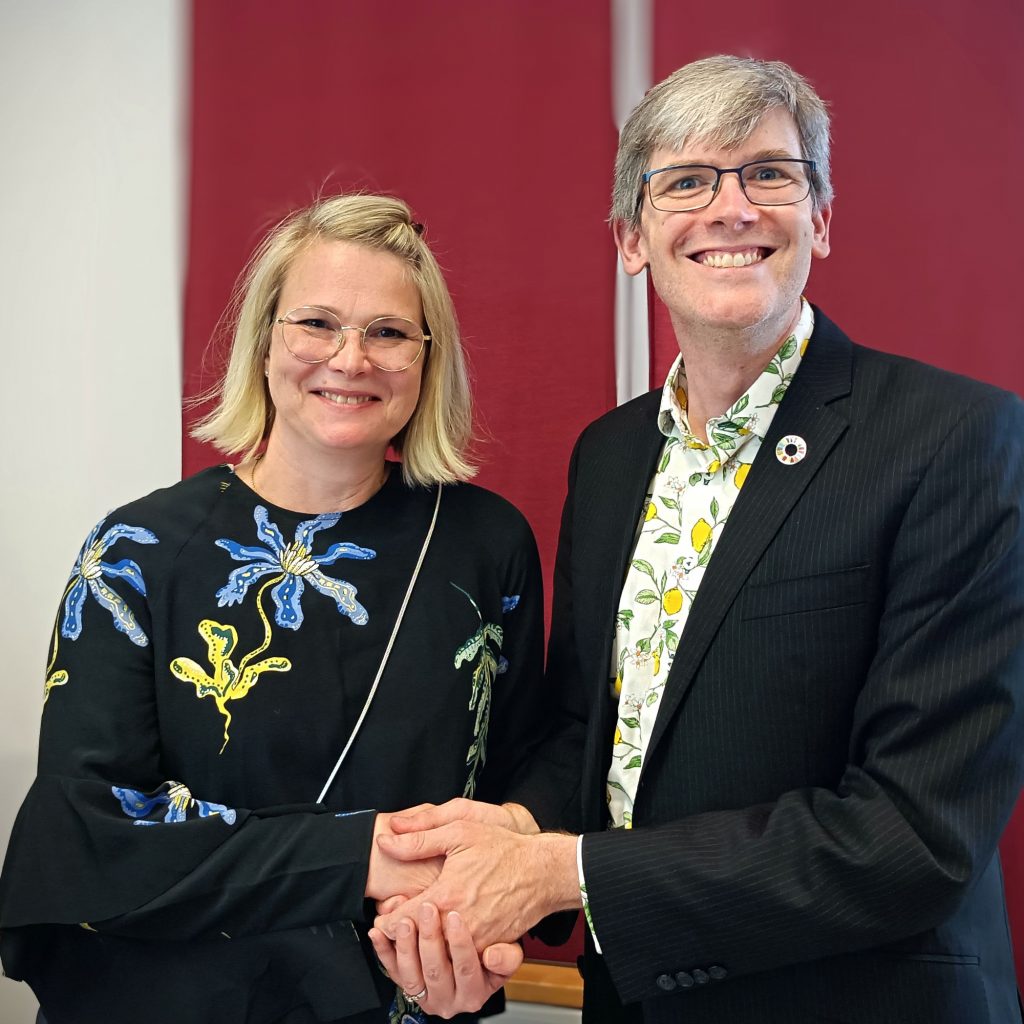
Sustainability of food waste prevention through food consumption
The LOWINFOOD partner Niina Sundin, from the Department of Energy and Technology of the Swedish University of Agricultural Sciences (SLU) has successfully defended her PhD thesis and earned the title of Doctor of Philosophy. The PhD thesis, entitled Sustainability of food waste prevention through food consumption, has been supported by LOWINFOOD, and evaluates food waste reduction potential and environmental, economic and social impacts of the measures using diverse methods, such as surveys, life cycle assessment, material flow analysis and nutritional calculations.
Learn more about the research work here.
Find below the popular science summary Niina Sundin has prepared:
Imagine throwing away every third meal you cook. Sadly, this is not hypothetical, as one-third of all food produced globally is wasted. Meanwhile, overeating is a growing problem and can also be seen as wasting food (metabolic food waste), while billions go hungry. This waste harms the environment, costs a lot of money and raises ethical issues, as food is a basichuman right.
In the past decade, food waste has received much attention in research. The number of articles on this topic has skyrocketed, and a quick Google search for “food waste” reveals many pages from esteemed institutions like Harvard and the UN explaining the negative impacts of food waste. Civil organisations and influencers are campaigning against food waste, while agencies like the Swedish Food Agency offer tips on reducing it. There is
widespread agreement on the need to reduce food waste.
Despite this consensus, reducing food waste is challenging. While research has revealed the scale and impacts of food waste, this is just the beginning. Current guidelines prioritise food waste prevention and managing food waste through e.g. donations, but too much edible food still gets wasted. Globally, most food waste ends up in landfills or dumps, while in Sweden it is mainly burned for energy or turned into biogas, with only a small amount reused for its intended purpose—to feed people.
To help policymakers, it is crucial to understand both the food waste issue and the benefits of potential solutions. Therefore, this thesis examined the environmental impacts of overeating and the benefits of food waste prevention through food consumption. This included donating surplus food from supermarkets and preventing plate waste in school canteens. The results showed that overeating by Swedish adults had a large environmental impact, making up 10% of the national food-related climate impact. Preventing food waste by consuming it has both environmental and social benefits, such as reducing climate impact and nutrient losses. However, these benefits depended on high acceptance of the food. Wasted food was found to be highly nutritious and valuable. Preventing plate waste in school canteens could potentially help children obtain nutrients they often lack in their diet, such as dietary fibre, and help to reduce metabolic food waste. Donated food helped people in need, relieving their food insecurity and saving money, which they could spend on other essentials. However, ethical questions arise, such as whether we want to have a system to reduce food waste that depends on having people in need, or whether we want to have a system to help people in need that depends on having food waste. Therefore, surplus food donation is recommended as a short-term solution only, while we need to dig deeper to solve the underlying causes of food waste and food insecurity.
Ultimately, the results in this thesis suggested that reducing overeating is necessary not just for health, but also for environmental reasons, and that redirecting edible food waste to people not only helps the environment, but also provides valuable nutrients, offering potential health benefits.
Share on Facebook Share on Twitter Share on Pinterest